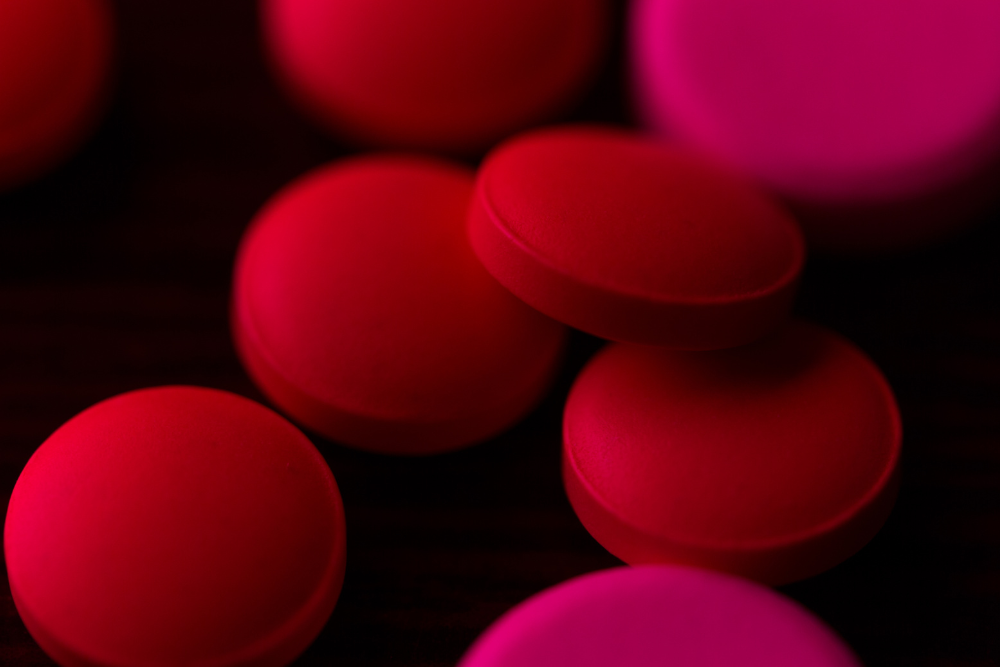
Is Ecstasy Addictive?
Legacy Healing Center Blog
Ecstasy, or MDMA, is an illegal man-made drug that grew in popularity between the 1980s and early 2000s. It is technically classified as a stimulant, although it is more widely known for its hallucinogenic properties. Typically taken in party scenes like raves and nightclubs, the heightened sensations this drug produces have been depicted in numerous shows, movies, and other popular media. With how much misinformation surrounds all kinds of substances and their subsequent sensations, it leaves many people uncertain about the risks of trying them. Legacy Healing Center is exploring if ecstasy is addictive and what someone should do if they find themselves dependent on it.
How Addictive Is Ecstasy?
A majority of studies have determined that, although it is at a lesser level than other drugs, an addiction to ecstasy is possible. Ultimately, research varies regarding the addictiveness of MDMA. There are absolutely people who report suffering from an addiction, although clinical studies on this particular subject have been far less extensive than alternative substances.
Another factor that contributes to the risk of ecstasy use is the lack of regulation of the substance around the world. Not only is it illegal to possess, but this also means it is nearly impossible to confirm what is included in the drug when purchased from a dealer. It is not uncommon for these dealers to lace their supply with additional substances. Whether it is done to increase their profits or the likelihood of addiction in their clients, it presents a serious amount of risk that is nearly impossible to avoid unless one abstains from the drug altogether.
Effects of Ecstasy Use and Signs of Addiction
MDMA is known for producing heightened feelings of friendliness and positivity. This is one of the many factors that contribute to its reputation as a party drug.
Other sensations associated with ecstasy use include:
- Feelings of relaxation
- Euphoria (extreme happiness)
- Increased empathy
- Decreased inhibitions
- Heightened energy overall
It produces these effects by interfering with the brain’s dopamine and serotonin levels, the sensation on which people can become dependent. MDMA addiction can be indicated by a variety of scenarios, including:
- Being unable to stop using despite wanting to
- Avoiding the subsequent “crash” by binging the drug
- Spending a significant amount of time or money trying to attain MDMA
Another sign of an addiction is ecstasy withdrawal symptoms. These can range in severity and lead people to act in ways that they usually wouldn’t in order to get more of the drug. If you or someone you care about is struggling with an active ecstasy addiction, Legacy Healing’s ecstasy detox program can aid you in overcoming these sensations in a safe and controlled environment.
Get MDMA Addiction Treatment With Legacy
While the consensus that ecstasy is addictive is not as well researched as alternative substances, abusing the drug can still result in severe consequences to a person’s physical, mental, and financial well-being. Luckily, our facilities offer ecstasy addiction treatment that can aid you in overcoming your dependency and getting you back on track. Each level of care available ensures that our patients get the individualized treatment that considers each facet of their unique situations. For instance, someone interested in getting addiction care while being able to return home at night can opt for our partial hospitalization programs.
To learn more about the therapies offered for addiction treatment, call our Legacy Healing Center locations at 888-534-2295 today.
Related Reading